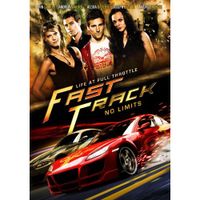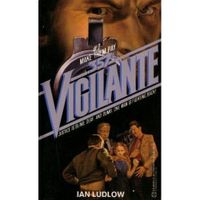The Guardian reports that the only way to raise the quality of UK television series is to adopt the showrunner/writing room system prevalent in the U.S. They write, in part:
The only way to produce sophisticated, rich, long-running drama like The Wire or even ER is to use a team of writers who collaborate under a showrunner, a system the US studios has cracked. It's too much for even one great dramatist to write the whole thing, but you can't hire hack writers to work on episodes in isolation. Result: US viewers sit down to an evening of Damages; we get Casualty
The short Guardian piece was in response to a terrific essay by Peter Jukes in Prospect Magazine, where he wrote, in part:
in US television drama “the writer is God.” This is not because of literary cachet—it’s arisen out of aesthetic, technical and commercial need. Drama is incredibly expensive to make and economies of scale kick in when stories are told over 13 or 24 episodes. They cannot be written by one person alone, nor can they be effectively controlled by studio executives, actors or directors, whose talents by definition lie elsewhere. It requires a team of writers willing to develop character and narrative over a long haul, keeping it focused and fresh. It’s not the writer, singular, who is God in US television drama, but the role of the writer, generic, in the process.
[…]Although we are blessed with a tradition of great television dramatists, there’s no way that Alan Bleasdale, Dennis Potter or Jimmy McGovern could have written a dozen episodes of a show alone. We have recently imported the idea of showrunners for the resurrection of Dr Who and Survivors, but their power is limited, and the principle of collaboration doesn’t penetrate the lower echelons. Script editors and producers take a dim view of you talking to another writer without tight supervision. There is no financial incentive either. Why make someone else’s episode great when it might make yours look less good? Given that the running order can be changed at the last moment by management fiat, those collectively crafted character developments and story arcs will be binned anyway. Just write your own episode and cash that cheque.
I recommend Jukes' article, it's fascinating reading.
 Novelist James Reasoner said some very nice things on his blog about my movie FAST TRACK: NO LIMITS, which is now out on DVD. He said, in a part:
Novelist James Reasoner said some very nice things on his blog about my movie FAST TRACK: NO LIMITS, which is now out on DVD. He said, in a part:

